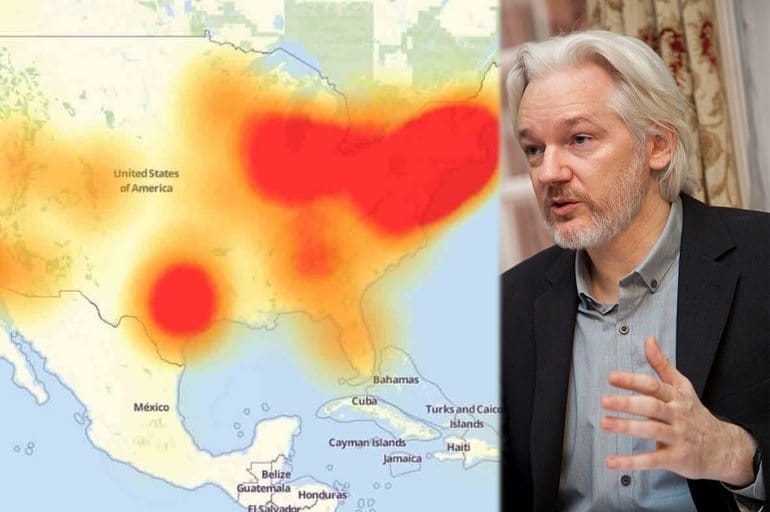Unelected Prime Minister Theresa May has spent the last few days stumbling into blind alleyways over Brexit. Reflecting the longstanding chasm within her party, which has always been divided over Europe, May is yet to provide clear direction. And her weak efforts look set to produce disastrous results.
Difficult negotiations
May’s unexplained switch – from supporting Remain during the referendum campaign while Home Secretary to an unswerving ‘hard Brexit’ position as PM – has led to problematic early discussions. Appeasing Conservative factions, she has angled to keep Britain in the single market while abandoning the free movement of people. EU leaders have made it very clear that this is an impossibility. But she’s persisted.
French President François Hollande has made his position plain:
I have said it very firmly to her. If Theresa May wants a hard Brexit, the negotiations will be hard.
European Parliament President Martin Schulz, meanwhile, made his hostility to May’s muddled approach equally obvious:
I refuse to imagine a Europe where lorries and hedge funds are free to cross borders but citizens are not.
When May spoke to the EU to lay out her vision for the future on 21 October, she was met with silence and then derision by attendees, particularly European Commission President Jean-Claude Juncker.
May’s promises that a hard Brexit could mean the best of both worlds looks increasingly like wishful thinking.
Banks
Even the financial sector, traditionally staunch allies of the Conservative Party, has lost confidence in May’s ability to deliver. Anthony Browne, chief executive of the British Bankers’ Association, told The Observer that:
the public and political debate at the moment is taking us in the wrong direction.
He warned that banks of all sizes are threatening to hit the ‘relocate button’ as early as Spring 2017, leading to massive job losses while crippling the £20bn a year cross-channel banking trade.
Whatever one’s views of the banking sector, which is sorely in need of reform, this would provide a huge shock to the economy.
The breakup of the UK?
Representatives of the devolved parliaments of Scotland, Wales and Northern Ireland have finally met with the PM, four months after the Brexit vote was cast. Scotland and Northern Ireland both voted to remain in the EU and have urged May to hold fire on triggering Article 50 until a unified approach has been agreed.
But May has rejected Scotland’s demand to be treated as an “equal partner”, insisting the Brexit negotiations must be handled by Westminster alone.
A report by the Institute for Government has condemned May’s approach as “reckless”, stating:
It would seriously undermine relationships…and increase the chances of Scottish independence.
A message for those in opposition
According to a YouGov poll, a hypothetical party campaigning on a purely anti-Brexit platform would receive 25.9% of the vote in a general election held now. So it was always on the issue of Brexit that Theresa May would have to prove her competence. Up to this point, however, she has singularly failed to do so. She avoided the issue for months and has now bumbled her way through the early negotiations.
Those in opposition must put together a reasoned, coherent position to deal with Brexit issues effectively. If they do, there is every chance the May administration will be very short-lived.
Get Involved!
– Please support The Canary as we continue to bring you the news that matters.
Featured image via Policy Exchange/Flickr



![Nicola Sturgeon nails what everyone’s really thinking about Theresa May’s Brexit strategy [VIDEO]](https://www.thecanary.co/wp-content/uploads/2016/10/sturgeon-may.jpg)
















